We are celebrating and raising the profile of scholarly milestones and research impacts from across the SFU research community.
Examples of Scholarly Impacts can include:
- Publishing a paper in a high-impact journal;
- Patenting an invention;
- Debuting a new performance piece;
- Publishing a monograph or book and/or;
- Changing a government policy
We expect most of the publications that are featured to be recent impacts—however, we will also publish a transformative impact from the past, from time-to-time.
As part of SFU's Scholarly Impact of the Week, selected researchers will work with a member of the VP Research and Innovation Office's communications and marketing team for support. We will also work with researchers to discuss how we can mobilize knowledge on their work by submitting to The Conversation Canada—one of the world's most trusted independent sources of news and views from the academic and research community, delivered directly to the public.
Be sure to keep up-to-date on the latest published Scholarly Impact and other research news by following SFU Research on Twitter (X).
If you have any questions, please reach out directly by emailing vpri-communications@sfu.ca.
SFU's Scholarly Impact of the Week series does not reflect the opinions or viewpoints of the university, but those of the scholars. The timing of articles in the series is chosen weeks or months in advance, based on a published set of criteria. Any correspondence with university or world events at the time of publication is purely coincidental.
For more information, please see SFU's Code of Faculty Ethics and Responsibilities and the statement on academic freedom.
Understanding schizophrenia in the context of the “China Dream”
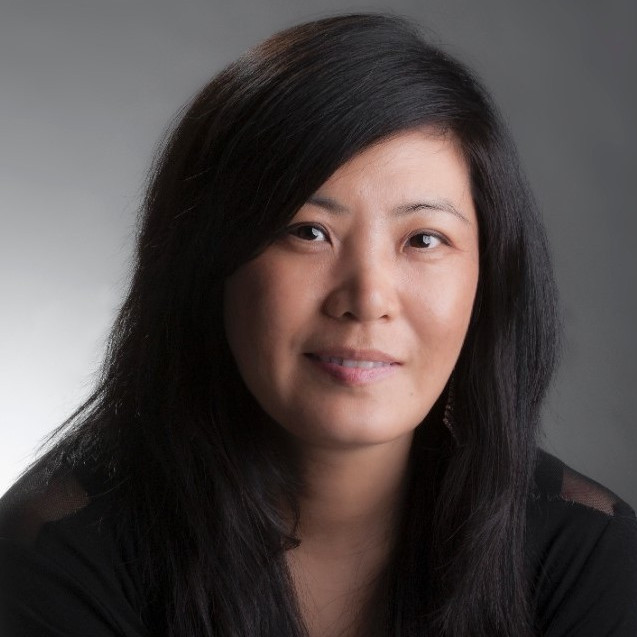
Jie Yang
Faculty of Arts and Social SciencesWhy do people diagnosed with schizophrenia in China hear “voices” of state leaders? How do these voices relate to the world depicted by “China Dream” discourse?
Simon Fraser University anthropology professor Jie Yang studies mental health and indigenous and non-indigenous psychology in China. She is fascinated by the ways that different strands of ideologies emerge in language and in people’s emotional lives.
In her recent article, Hallucinations of the “China Dream:” Forbidden Voice, Articulation, and Schizophrenia in China, Yang discusses the contents of voices heard by people diagnosed with schizophrenia in China. From interviews with doctors, caregivers, patients and family members she observed experiences of pressure, subordination and self-preservation by those who felt excluded from the “China Dream.”
Hey Neighbour! Collective builds connectedness in B.C. communities

Michelle Hoar

Meg Holden
Faculty of Arts and Social SciencesSocial connectedness has been shown to strengthen individual and community health and well-being, however, many members of Canadian society are at risk of social isolation.
SFU Morris J. Wosk Centre for Dialogue’s Michelle Hoar and urban studies professor Meg Holden are longstanding advocates of creating social connectedness in B.C.’s urban settings. They work with SFU researchers, housing providers, non-profits, governments and others through the Hey Neighbour! Collective, to address loneliness and isolation while building neighbourly social connections and community resilience.
Harvesting ambient energy to power the future
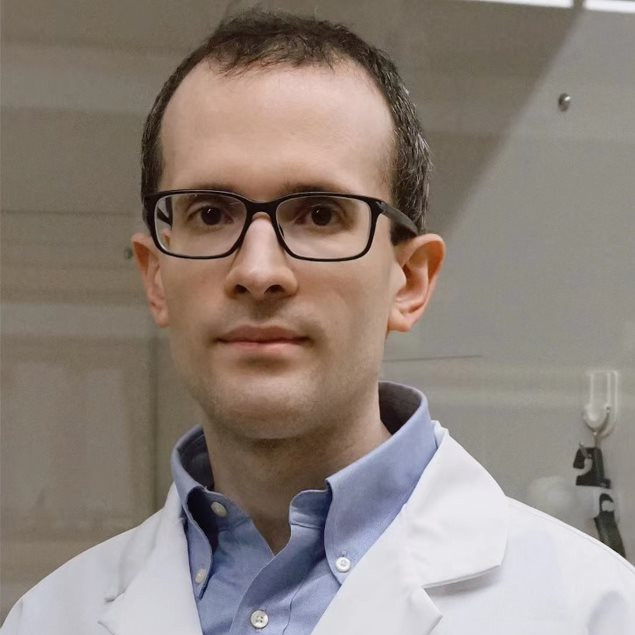
Vincenzo Pecunia
Faculty of Applied SciencesSFU sustainable energy engineering professor Vincenzo Pecunia led a group of over 100 international scientists to develop the "Roadmap on Energy Harvesting Materials." The roadmap offers guidance on the most promising directions in energy-harvesting technologies to help meet the growing demand for clean energy.
New discoveries to enhance the performance of optical processes

Byron Gates
Faculty of ScienceResearch from the departments of chemistry at Simon Fraser University (SFU) and the University of Washington (UW) has uncovered an overlooked physical process that allows optical energy to move more efficiently within a nanosystem. The findings could pave the way for of the invention of new devices for optical sensing, optical communications and more.
The research was led by SFU chemistry professor Byron Gates and carried out by graduate students Rana Faryad Ali (SFU), and Jacob A. Busche (UW), along with Saeid Kamal from the Laboratory for Advanced Spectroscopy and Imaging Research and professor David J. Masiello (UW).
Understanding the places where bumble bees thrive
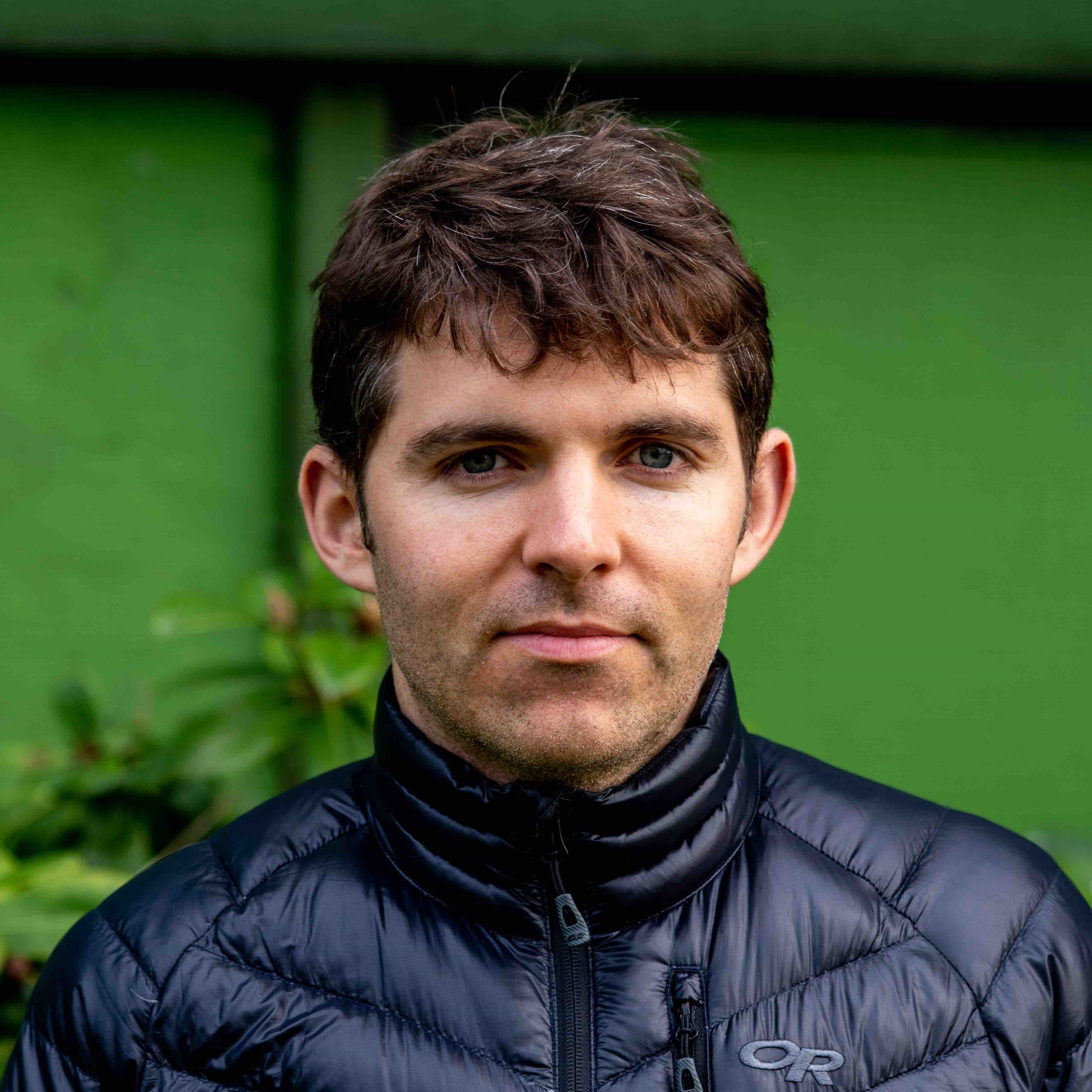
Leithen M'Gonigle
Faculty of ScienceBiological sciences professor Leithen M’Gonigle and his research team studied postfire areas in British Columbia to better understand how forest fires affect bee populations. Their work provides insights into the study of pollinators in areas affected by climate change.
Using social media to increase research impact
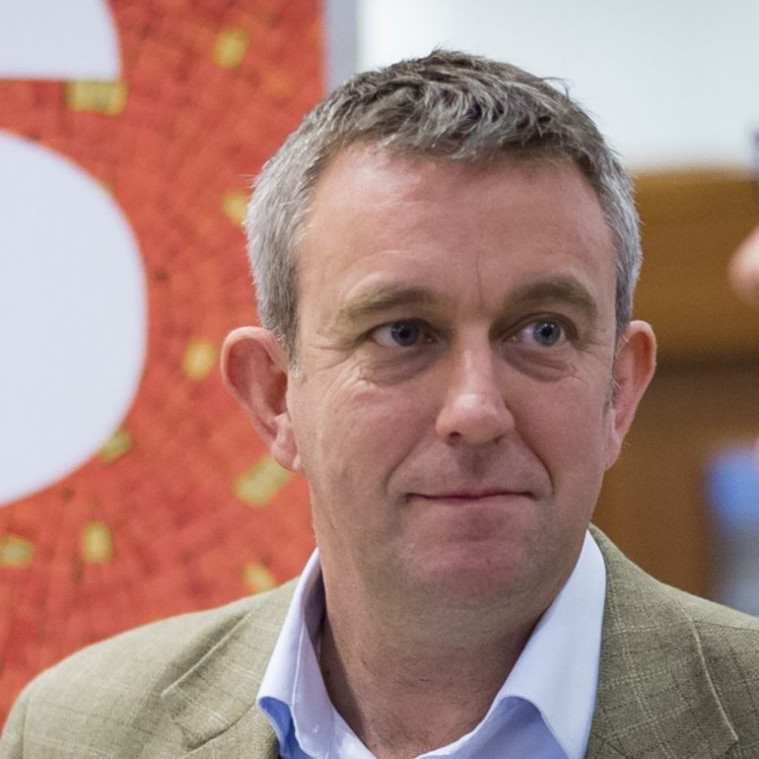
Ian McCarthy
Beedie School of BusinessHow can academics advance their field and mobilize knowledge to benefit society? Academic openness—a collaborative research orientation—is key to advancing scholarly impact, according to SFU business professor Ian McCarthy.
McCarthy’s recent article, The open academic: Why and how business academics should use social media to be more ‘open’ and impactful, with Marcel Bogers from Eindhoven University of Technology, discusses how academics can use social media to help bridge the research-practice gap and put their good ideas to work.
Algorithms and Society book series explores issues of the information age
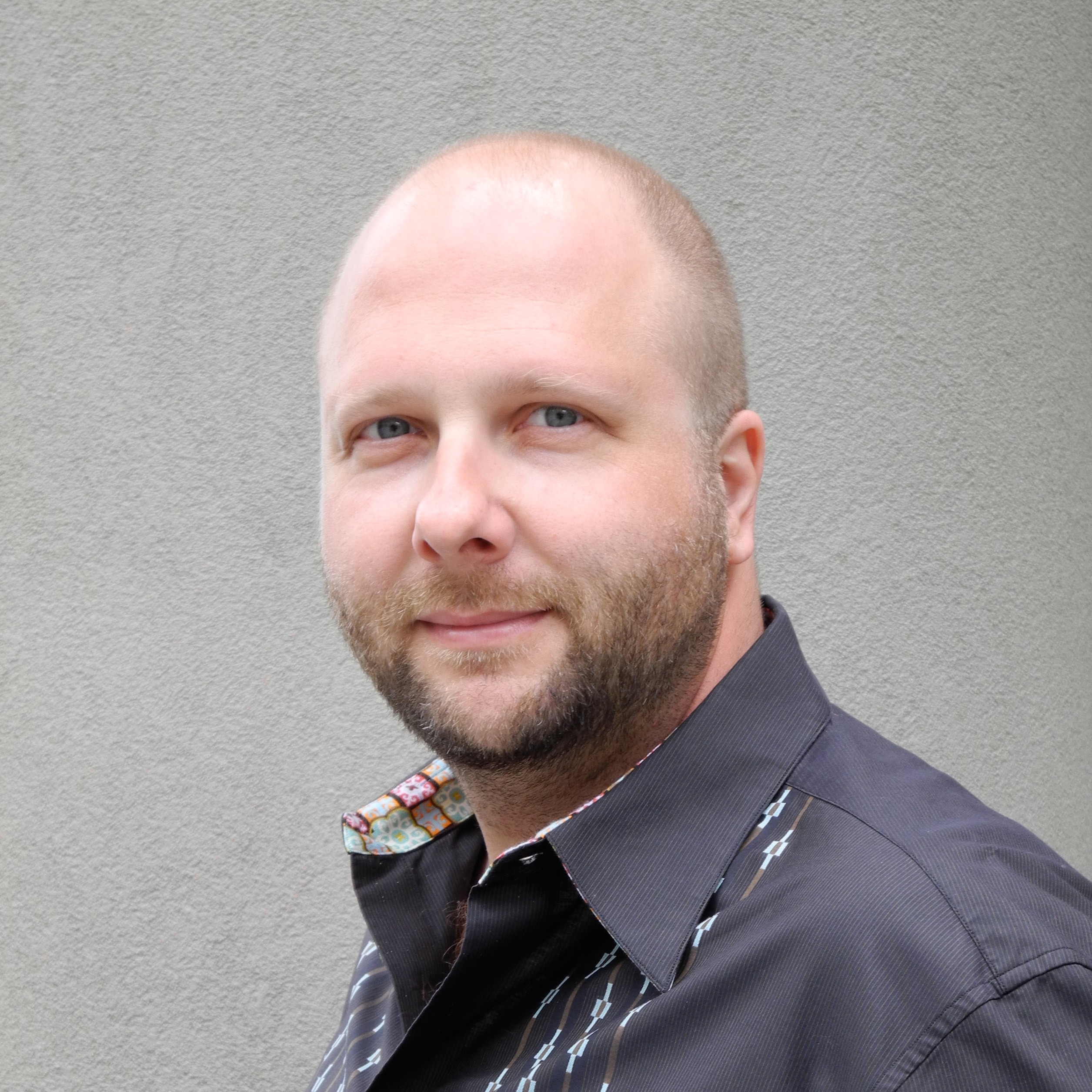
Michael Filimowicz
Faculty of Communication, Art and TechnologyWho controls online data and algorithms and why does it matter? SFU School of Interactive Arts and Technology lecturer Michael Filimowicz’ book series explores critical issues of the information age, including how governments, corporations and conspiracy theorists control and manipulate information.
Algorithms and Society aims to stay abreast of new controversies and social issues that come with the development of new technologies. The first five volumes, Systemic Bias, Democratic Frontiers, Privacy, Deep Fakes and Digital Totalitarianism, were published last year and five more books are forthcoming in May 2023.
Using the body’s smallest clues to detect disease

Michael Adachi
Faculty of Applied SciencesSFU engineering science professor Michael Adachi and a multidisciplinary team are collaborating to develop sensors that detect disease using cytokine biomarkers. Their work could lead to diagnosing Alzheimer’s disease, COVID-19 and other diseases at the earliest stages.
The project, Ultrasensitive rapid cytokine sensors based on asymmetric geometry two-dimensional MoS2 diodes, led by Adachi, physics professor Karen Kavanagh and biomedical physiology and kinesiology professor Miriam Rosin, with graduate students Thushani De Silva and Mirette Fawzy was recently published in Nature Communications.
Not just dust in the wind: The science of sediment transport
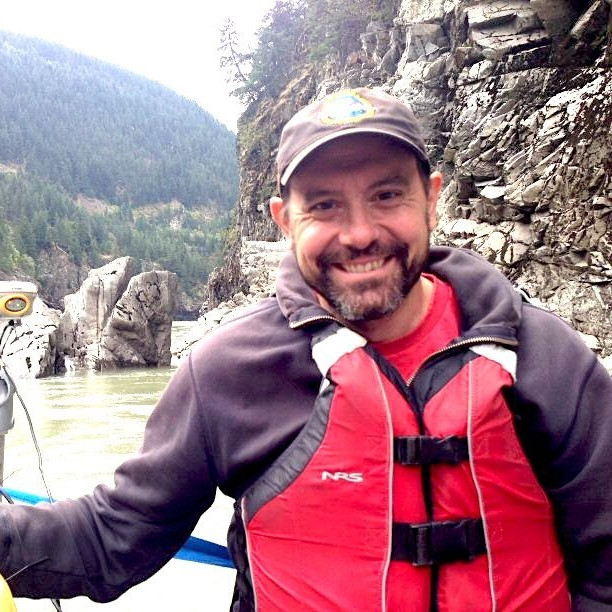
Jeremy Venditti
Faculty of EnvironmentWind, rain and other forces move vast quantities of sediments across the planet, shaping mountains, riverbeds, farmlands and coasts. Understanding these mechanisms has important applications in numerous contexts—from the way infrastructure is designed to natural hazard mitigation, to pollutant transport and the restoration of coasts and river deltas.
Environmental science professor Jeremy Venditti has developed new models that can better predict the impact of landslides and flooding in a changing climate—research that applies to understanding sediment transport on Earth, and other planets too.
How we can embrace AI and other tech tools on our own terms
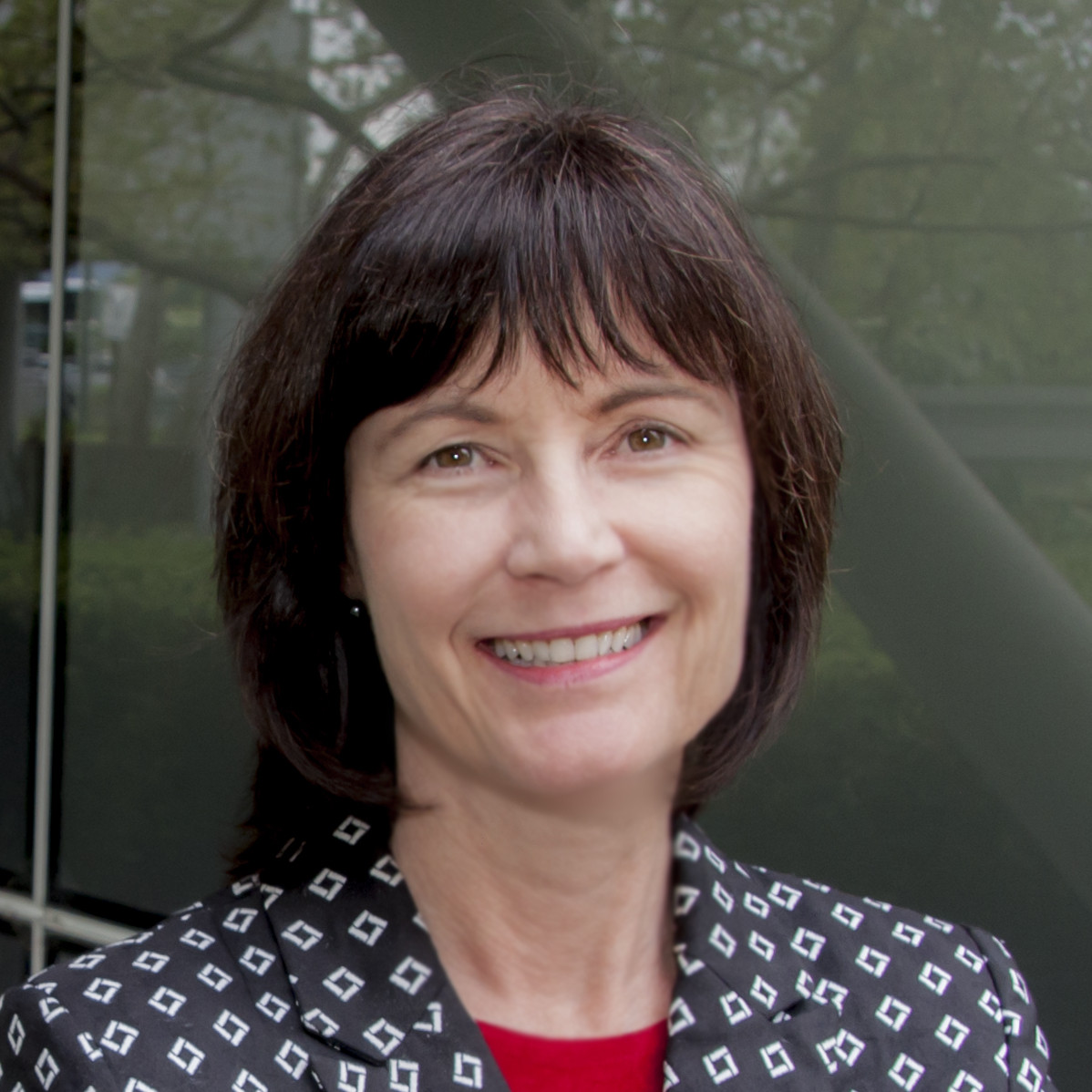
Terri Griffith
Beedie School of BusinessThe rise of artificial intelligence (AI) technologies like ChatGPT that can generate text, images and computer code has everyone asking questions about AI efficacy and ethics. At the same time, augmented reality and virtual reality have endless applications beyond design and gaming, including construction, healthcare, logistics and education.
SFU innovation and entrepreneurship professor Terri Griffith says it's best to thoughtfully embrace rather than shy away from tech that can enhance our academic and professional lives. Regarding technology, she recognises that we are all—including the AIs—learning as we go.
